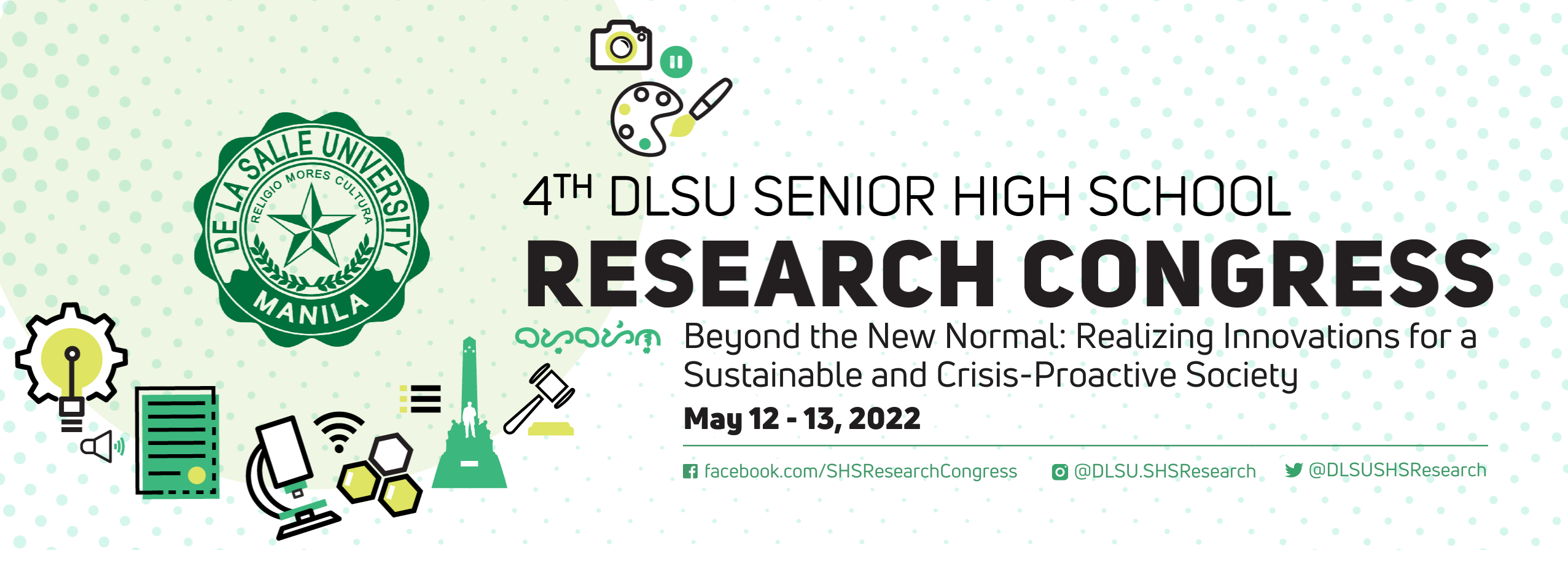Document Types
Paper Presentation
Research Theme (for Paper Presentation and Poster Presentation submissions only)
Living Culture and Contemporary Societies (LCS)
Research Advisor (Last Name, First Name, Middle Initial)
Mirasol M. Madrid
Start Date
13-5-2022 8:00 AM
End Date
13-5-2022 10:00 AM
Abstract/Executive Summary
Utang na Loob is a Filipino accommodative surface value generally translated as the “debt of the inside”. This study focused on redefining its meaning through the youth’s perception on the trait by conducting fifteen (15) students from Senior High School. The interview proper had been done through the use of Zoom, a video-chatting application, to collect data using the record feature of the meeting room and was then manually transcribed by the researchers. Thematic Analysis was additionally used as the basis to derive themes given the results of the participants. The findings of the study show that Utang na Loob had been overall defined as the Filipino term for extended gratitude and reciprocity. Moreover, it may allow an individual to form meaningful connections by instilling its practice in their routines. Utang na Loob in turn may be seen in various instances where paying an act of kindness forward is normalized. Future researchers are recommended to deepen the understanding of the value by extending the knowledge of Utang na Loob as an evolving trait that may be rooted in history.
Keywords
Filipino values; utang na loob; gratitude; reciprocity; Generation Z
Included in
The Concept of Utang na Loob among Select Members of Generation Z in Metro Manila
Utang na Loob is a Filipino accommodative surface value generally translated as the “debt of the inside”. This study focused on redefining its meaning through the youth’s perception on the trait by conducting fifteen (15) students from Senior High School. The interview proper had been done through the use of Zoom, a video-chatting application, to collect data using the record feature of the meeting room and was then manually transcribed by the researchers. Thematic Analysis was additionally used as the basis to derive themes given the results of the participants. The findings of the study show that Utang na Loob had been overall defined as the Filipino term for extended gratitude and reciprocity. Moreover, it may allow an individual to form meaningful connections by instilling its practice in their routines. Utang na Loob in turn may be seen in various instances where paying an act of kindness forward is normalized. Future researchers are recommended to deepen the understanding of the value by extending the knowledge of Utang na Loob as an evolving trait that may be rooted in history.


